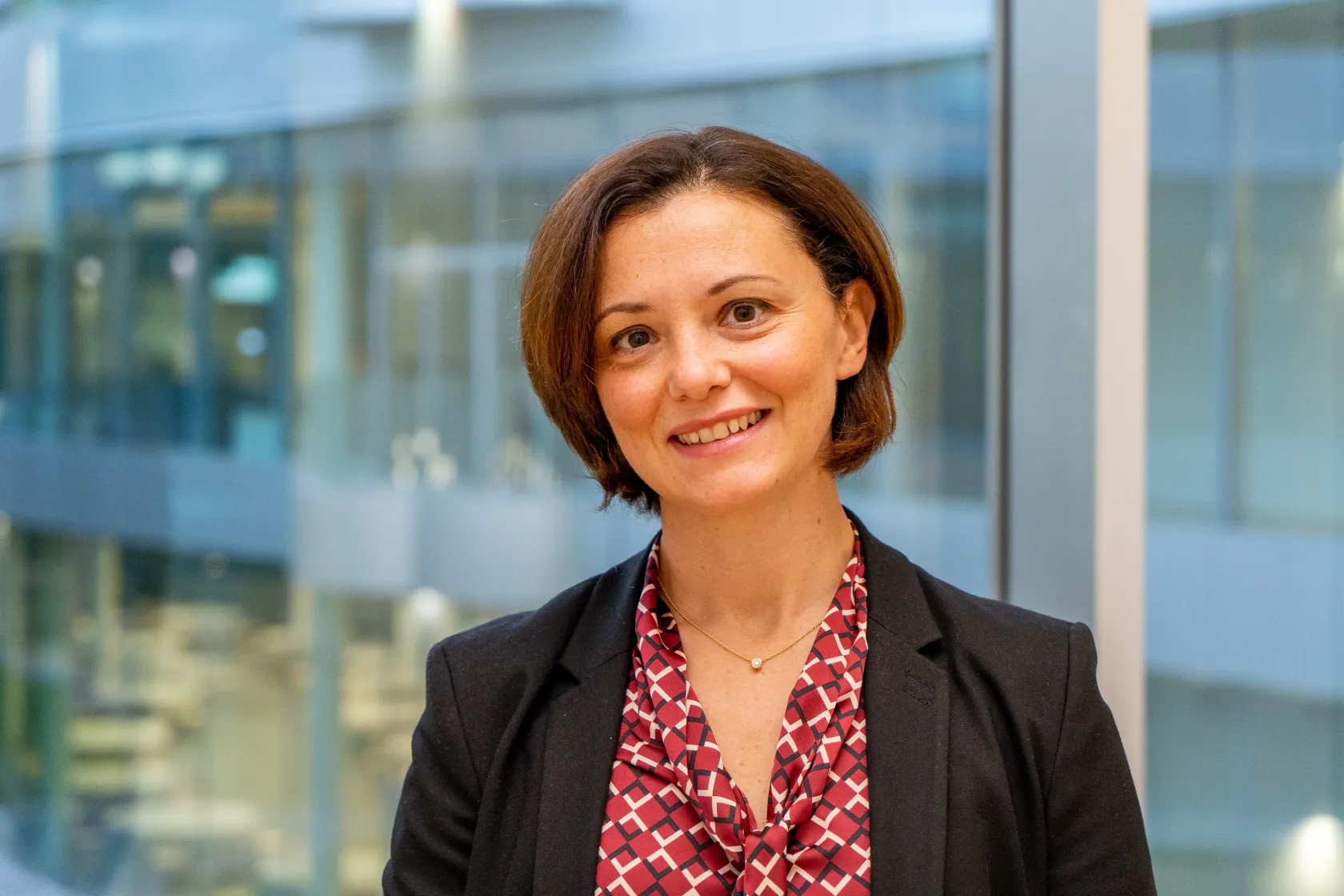
A look at yourself and a look at the future. That's how to choose your course of study
When we met with Annalisa Prencipe, it was the eve of the Graduation Ceremony, the day of proclamation of the three-year graduates, the moment that she considers the "most rewarding". As Dean of the Undergraduate School, the professor, holder of the KPMG Chair in Accounting, is called to give the closing speech. "In the speech I want to remind students of the values transmitted in the past three years and I try to be an inspiration for the continuation of their studies," she comments. "But the most exciting part is the meeting with parents and families from all over the world who rejoice in a goal that is not to be taken for granted these days".
These same students, a little over three years ago, during the orientation events, asked you for advice on which path to take. What are the tools that help in choosing a university course of study?
The students of this generation Z are open and curious, true citizens of the world, skilled in surfing the internet and therefore inundated with data and stimuli like no one has ever been ... yet they are often bewildered. They must be helped to select among the numerous inputs they receive and transform them into relevant information, useful for decisions. For this reason, there are several initiatives at Bocconi. First of all is the Open Day, the event that gathers most of the participants, during which we explain what exactly is studied in each degree program, our teaching model, professional perspectives and, as far as possible, we take them to visit the university. However, orientation activities always begin earlier, as early as the third year of high school, with activities aimed at students who are increasingly intellectually curious and ready to get involved, for example with on-campus initiatives, workshops, contests, or with the Summer School that takes place every July.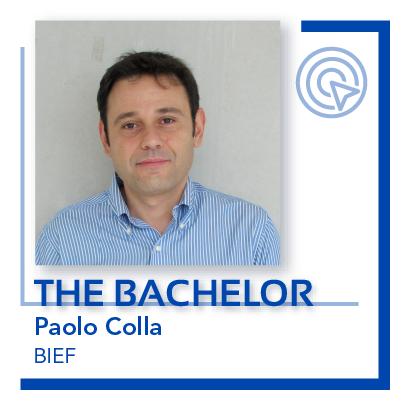
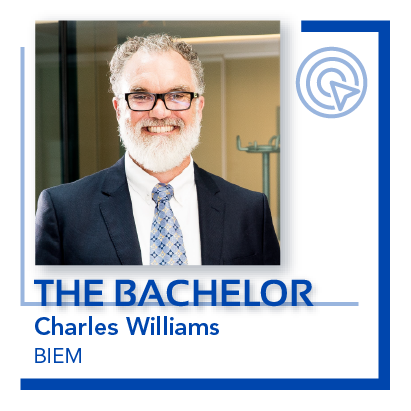
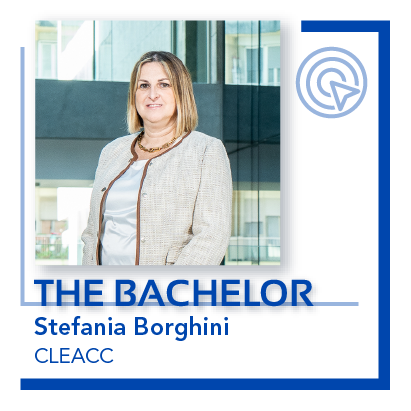
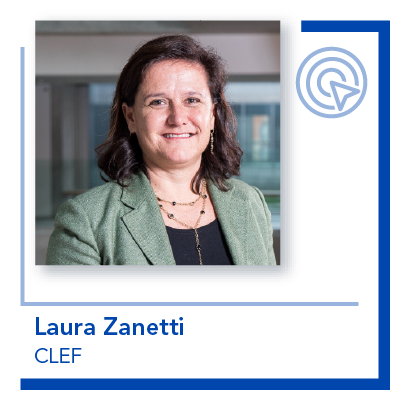
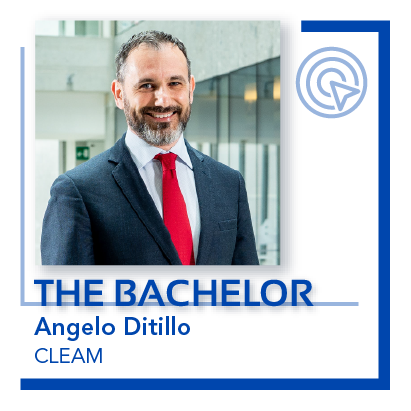
Providing useful information for decisions is precisely one of the objectives of accounting, your reference discipline as a researcher and professor... Are there other similarities between these two worlds?
Yes, in both cases we find ourselves in a phase in which it is increasingly difficult to direct decisions in the best way because the complexity of the surrounding context increases. For example, the fact that today the number of possible degree programs has grown considerably compared to the past has made the choice even more difficult. It has become more complicated not to be distracted by fashions, social networks, peers, or hearsay rather than weighing the different prospects offered by one program versus another.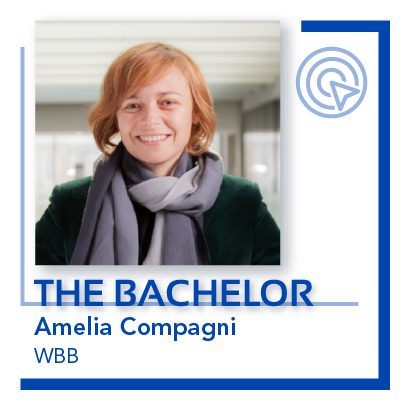
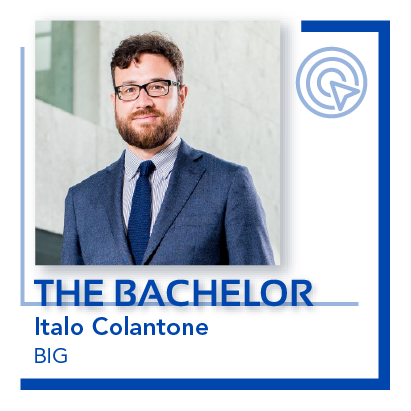
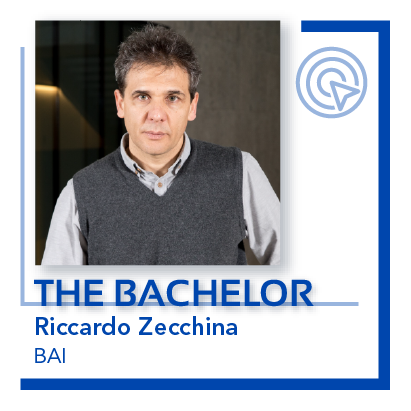
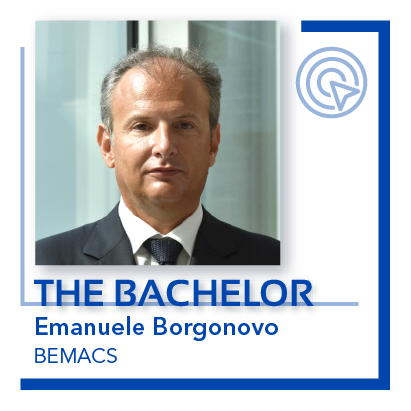
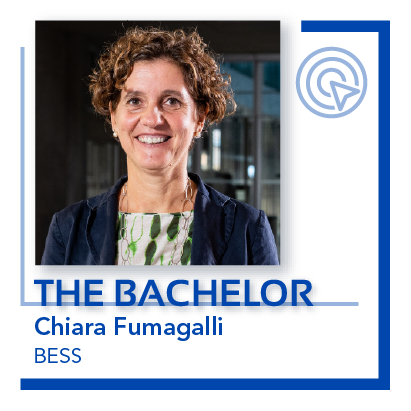
For those who realize they have made a mistake, what margin is there to change their choice?
Not many students at Bocconi ask to change their program, but it is right that this need be considered. We give this possibility after the first year and, in some cases, even after the second. We have four programs (two in Italian and two in English) which have three equal semesters, the so-called common basis and between which it is therefore possible to move more easily up to the third semester of studies. I believe that in the future the university must be more and more flexible in this sense, offering common and transversal knowledge bases, in order to allow young people the time to better mature their choices before setting out in a certain direction. Unfortunately, I see that some high schools are going in the opposite direction, immediately promoting greater specialization. It may be useful to take a look at the training models in other countries, in Europe and in the USA, where students specialize later in time, in majors or tracks, after having dealt with a broad general basis, often combining different disciplines that range from the social sciences to the natural sciences or the humanities.
What is the recurring question that students ask you during orientation?
Many ask me if, having never studied economics, Bocconi is right for them. This question strikes me because it means they the idea that they must already be prepared to come here. Not so. For example, in the admission test we do not take anything for granted and we do not evaluate notional knowledge but the ability to analyze and reason, critical thinking, logic, because these are the skills necessary to be successful in studying. The other aspect that I notice is that the students first want to know exactly what they will study, the theoretical subjects, the practical laboratories, the professional opportunities, the possibilities of internships. There is nothing wrong with that, but I also suggest not closing yourself too tightly into one point of view and giving yourself the opportunity to be surprised by other new disciplines that they may encounter during their studies.
Is this how you came across accounting?
Yes and no. In the 1980s I had chosen to study in an institute for programmers, an experimental and innovative school; we were among the very first high school students in Italy to undertake a path oriented towards information technology and coding. In fact, a cross between a scientific high school and an economic institute for programmers. So I already had a certain direction, but my curiosity about economics grew further during some orientation meetings organized by the Scuola Sant'Anna in Pisa, where I had the opportunity to also meet Bocconi professors. The decision to specialize in accounting matured even later, during university. It was therefore not a planned choice and it could not be because in the meantime the importance and outlines of this discipline have changed a lot. From double-entry surveys into a discipline that deals with information (it could be defined as a branch of information economics) and, as such, helps companies make informed decisions. Many think it is a boring discipline; in reality this is not the case at all. It is a discipline that is anything but mechanical and which has a fundamental impact on the allocation of resources and the creation of value. Furthermore, if until a few years ago the main objective of many companies was the maximization of profits, today companies are aiming for sustainability, and this means that accounting information is also mixed with data and information coming from other sources. The financial must talk to the non-financial. It is an exercise that greatly broadens the gaze of those who do accounting and, at the same time, increases the possibility of affecting the life of companies and their future prospects.
In conclusion, do you choose a degree program more with your head or with your heart?
With both. It takes one eye to your own interests and one to the future. I think that talking about passions in the strict sense is misleading because they can easily be cultivated even outside a field of university studies. We have to objectively look at where the world is going; a graduate who cannot find a job is a waste of resources for the country, for society, for the system that educated them. In short, inclinations must find an answer in what one does but they can also be formed for the purpose. It is also true that at this moment the world of work seems to all need data scientists or experts in artificial intelligence or sustainability... In short, common sense is needed, finding the right synthesis between what you are and what the world of work requires.
How will you leave graduating students tomorrow in your speech?
With three recommendations. The first is to maintain openness to change, not to experience the news as a threat, but as an opportunity. The world is increasingly changeable, we must not be afraid to get involved and seize the many opportunities that emerge from change, even from the most disruptive one. The second is to never stop learning. Life long learning is a dimension in which now all of us are immersed, in universities, in companies, but I would also say in daily life. It is not a question of being young or not, it is the same for everyone and it will be more and more so. The third, and perhaps most important, is to look to the common good, whatever you do. Do not lose the habit of considering the impact their decisions have on people, society, the environment and the legacy they will leave for future generations.